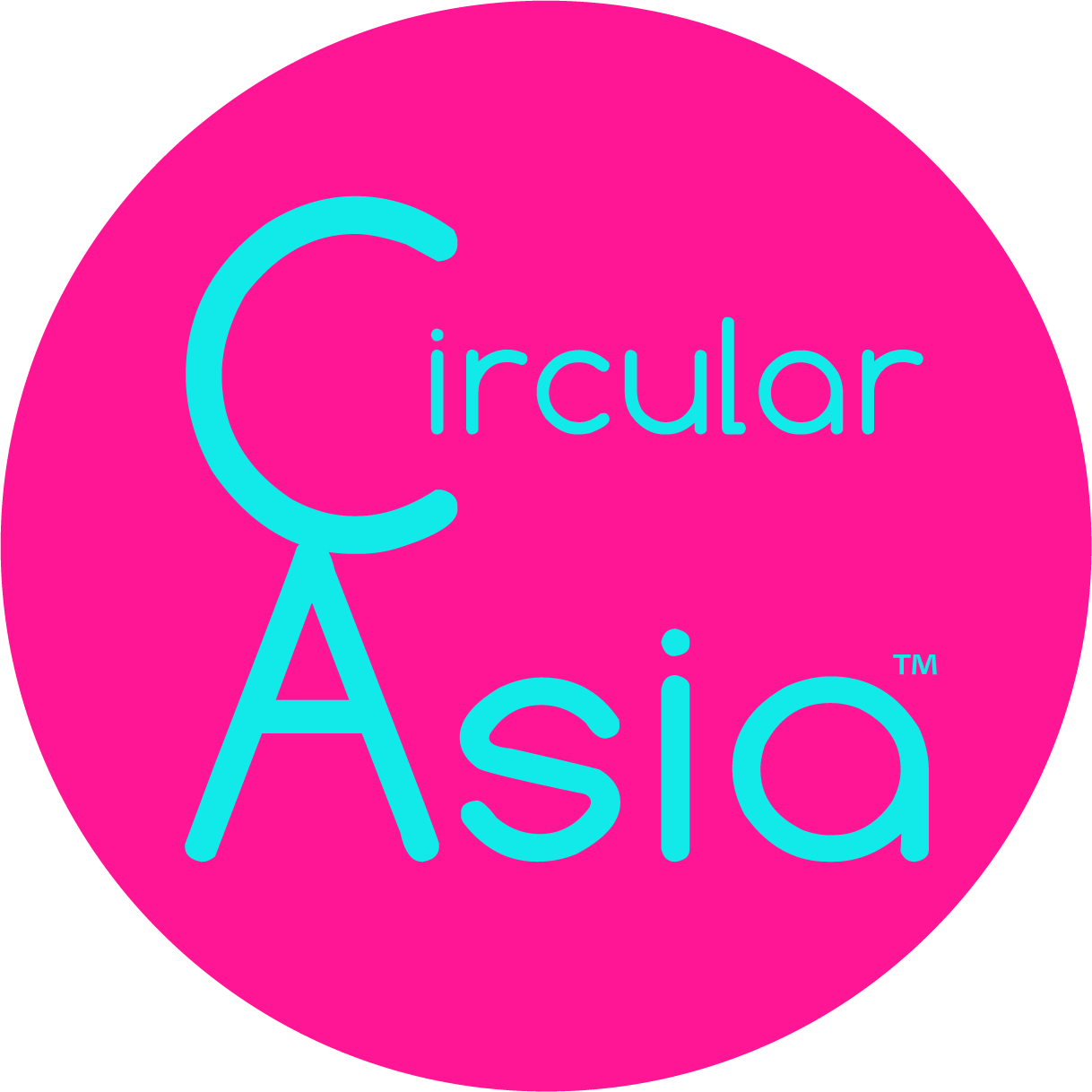Sustainability
Sustainability as a policy concept has its origin in the Brundtland Report of 1987, titled ‘Report of the World Commission on Environment and Development: Our Common Future‘. This document was concerned with the tension between the aspirations of mankind towards a better life on the one hand and the limitations imposed by nature on the other hand.
In the course of time, the concept has been re-interpreted as encompassing three dimensions, namely social, economic and environmental.
Sustainability is concerned with the well-being of future generations and in particular with irreplaceable natural resources – as opposed to the gratification of present needs which we call well-being. A balance needs to be found between those two, but not by pretending they are three sides of the same coin. Although we use up natural resources at the expense of future generations, we also generate capital (including knowledge) which raises future well-being. A major question is to what extent the one compensates for the other.
(Source: What is Sustainability? by Tom Kuhlman and John Farrington, published in The Journal of Sustainability, 2010)
Knowledge Centre
This section contains a large amount of information including reports, articles, Cradle-to-Cradle, CSR, Employee Engagement, the UN Good Life Goals, infographics, general information, SDG’s, targets, tools, UN Global Compact and Walmart. See also Reporting for links on Standards.
References:
- Sustainability: Monkik from Flaticon
- Knowledge Centre: Freepik from Flaticon
- Information: CleanPNG
- Video: Freepik





